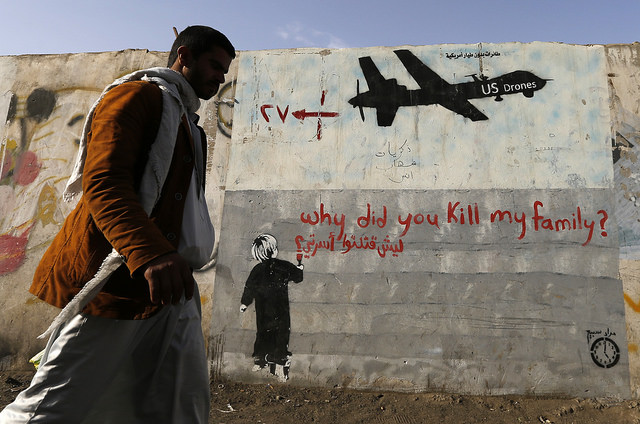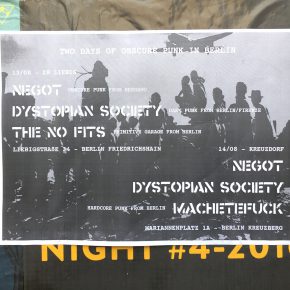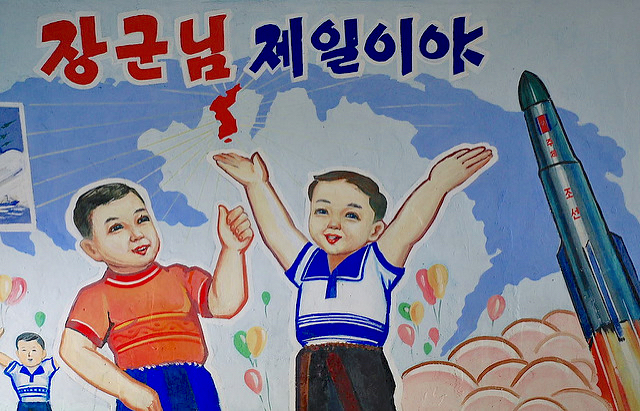The White House has attracted fresh controversy for a botched raid in Yemen that led to the death of a Navy SEAL, loss of a $75 million aircraft, and dozens of civilian casualties. Trump has been characterised as reckless, and freshly unfit for duty. Indeed, US military officials have gone so far as to tell Reuters that “Trump approved his first covert counterterrorism operation without sufficient intelligence, ground support, or adequate backup preparations.”
This conclusion is tempting, given widespread criticism of Trump. However, it overlooks that numerous people were involved in the operation’s planning and execution, largely under the Obama administration. It also purposefully ignores how operations like the Yemen raid are frequently rushed by an overzealous military apparatus that is eager to kill terrorists. Trump handled his briefing inappropriately, but it doesn’t make sense to criticise him without looking at the systemic issues that led to the raid’s failure.
On January 25, the raid was proposed to Trump over a dinner that included him, Mike Pence, Stephen Bannon, Jared Kushner, and former National Security Adviser Michael T. Flynn. Trump did not assess the operation in the Situation Room, likely because of his unwillingness to break social engagements for official duties. He behaved similarly on Monday, when he took an urgent briefing about a North Korean missile launch while eating dinner with Japanese Prime Minister Shinzo Abe on the terrace of Palm Beach’s Mar-a-Lago Club.
Trump was told that he would be approving a raid on the village of Yakla in Al-Bayda province, taking place on January 29. Al-Bayda was the site of Trump’s first drone strikes, targeting alleged Al-Qaida in the Arabian Peninsula (AQAP) militants. Navy SEAL Team 6 would team up with Emirati commandos and kill important AQAP members, including leader Qassim Al-Rimi, disrupt planning operations, and retrieve electronic equipment.
Trump has been rightfully criticised for his lack of attention to detail, and inability to seriously engage with presidential duties. It is obvious that the operation was modelled on the CIA-led attack that killed Osama Bin Laden in Abbotobad, Pakistan. However, Obama vigorously debated that mission with his team in the Situation Room before approving it. Trump did nothing of the sort, instead showing obnoxious enthusiasm for approving the raid after being told that Obama wasn’t “bold enough” to do the same. In reality, Obama deferred the decision to his successor because the Pentagon wanted to wait for a moonless night.
Ultimately, regardless of Trump, the raid fell apart because it was aggressively pushed by a bloated military machine that failed to consider basic variables. Trump’s briefing only occurred after the operation was approved by Secretary of Defence James “Mad Dog” Mattis (who recently called Iran “the biggest state sponsor of terrorism” without evidence) and Chairman Joseph Dunford of the Joint Chiefs of Staff, who was appointed by Obama. Mattis and Dunford would have only heard of the proposal after it was signed off by the Department of Defence’s senior leadership, including a Pentagon lawyer that vouched for its legality, Special Operations representatives, and regional US commanders.
While going over its planning, none of these people thought that drones may need to be rerouted (in case they flew too low, giving away the operation before it began) and that female non-combatants could use firearms against American soldiers. They also ignored that SEAL Team 6 could potentially respond to a stressful situation with what Yemen’s Foreign Minister Abdul Malik Al Mekhlafi has called “extrajudicial killings.” Mekhlafi was referring to deaths that include eight year old Nawar Al-Awlaki, the daughter of assassinated Yemeni-American militant Anwar Al-Awlaki. Her killing is notable if only because Al-Awlaki’s sixteen year old son Abdulrahman was killed by a drone in 2011. Despite the latter death in a strike approved by Obama, he was not charged with Trumpian levels of carelessness for bombing a child as collateral damage.
As a result of poor planning, SEAL Team 6 was overwhelmed by an alerted village with greatly multiplied firepower, failed in its most important objectives, and killed a number of civilians as it seized important files and fought its way out. Most of Yakla was destroyed in airstrikes that were called in to kill fourteen militants, and an MV-22 Osprey transport aircraft crashed and had to be destroyed. It is possible that these mistakes could have been averted by Trump paying closer attention, but it is unlikely, given that they weren’t spotted by trained experts. Trump would have had to ignore the advice of his most experienced subordinates, which is exactly what his liberal critics have berated him for doing elsewhere.
Trump obviously didn’t take his briefing seriously, and thinks the fallout is embarrassing enough that White House Press Secretary Sean Spicer has rebranded the operation as an “intelligence-gathering raid” that was “successful.” Spicer did not explain why an elite squadron like SEAL Team 6 would be sent to retrieve laptops and mobile phones. He also didn’t comment on Al-Rimi mocking Trump as “the fool of the White House” after the raid’s failure. The operation was clearly humiliating for the president, and a propaganda victory for AQAP.
Still, Trump’s lack of an attention span was incidental. He deserves far more outrage for his reaction to criticism, such as by tweeting that Senator John McCain was “emboldening the enemy” by questioning the administration’s assessments. The reason that the raid failed was because the US Army has irresponsibly sped up operations planning and execution. Terrorism has become popularly seen as having a time limit, and being best handled with decisive force. The result is that the American military has become empowered to kill terrorists as quickly as possible. There is no time ask if children will die, and certainly no time to review a planned operation.
It is unsurprising that these pressures would lead to a failed raid. When planning is rushed, with less time for civilian oversight, there is a greater chance for potential error. This was obvious in another SEAL Team 6 mission, when it stormed a village in southern Yemen to rescue an American photojournalist held by AQAP. That 2014 operation was also a failure, with AQAP killing its hostage, and the South African that was also held with him.
While it is true that missions occasionally go wrong, it is clear that the US Army is sacrificing basic standards in a rush to handle situations in an exceedingly violent manner. Trump has a role to play in that process, but he didn’t cause it. If anything, he’s an expression of the trend, with his Inaugural Address promise to “unite the civilised world against radical Islamic terrorism which we will eradicate completely from the face of the earth.”
Since the War on Terror began, and most pointedly in the case of the Iraq War, jingoism and machismo has taken over military decision making. The constant emphasis on speed and overwhelming firepower is a reflection of those values, rather than genuine concerns about national security. Trump merely carries out their directives, whether from the Pentagon, CIA, his cabinet members, and so on. The United States has entered an era where even basic logistics, oversight, and mild criticism from lawmakers, are considered to be strategic liabilities. The result will be more failures, and Trump won’t necessarily be the one signing them off.
Photograph courtesy of ビッグアップジャパン. Published under a Creative Commons License.





